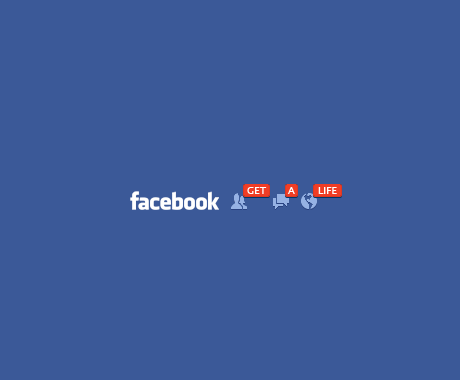One of the biggest criticisms against social media is that its users must think their opinions are the most important ones to ever have been held through all of history and that everyone must hear them all the time for the good of humanity. Not true! According to a recently published study, most of us are actually kind of shy online and will withhold our real opinions, all because we don’t want people to hate us.
Shortly after Edward Snowden made international headlines for leaking classified files from the National Security Agency last year, Pew Research Center and Rutgers University in New Jersey teamed up to use the controversial news to their scientific advantage. Of the 1,801 adults polled, 86% said that they would be willing to discuss Snowden if the topic came up in public, offline situations, but only 42% of Facebook and Twitter users said they would join a similar discussion online. Those 14% who didn’t want to discuss Snowden in public are even more clammy online: fewer than .05% were willing to take their opinions to Facebook or Twitter.
Researchers also determined that the amount of time you’re on a social media network over the course of the day also appears to correlates with how willing you are to discuss controversial subjects. In the Snowden case, those who accessed Facebook multiple times over the course of a day were half as likely to discuss him in public as non-Facebook users; Twitter users were a quarter less likely than non-Twitter users.
The only time heavy Facebook and Twitter users were really galvanized to speak? If they were reasonably sure that the majority of people in their online community agreed with their opinion, in which case they became twice as likely to join a discussion.
“Because they use social media, they may know more about the depth of disagreement over the issue in their wide circle of contacts,” Lee Rainie, director of the Pew Research Center Internet Project, said in a press release. “This might make them hesitant to speak up either online or offline for fear of starting an argument, offending or even losing a friend.”
According to Rainie, this failure to engage might be creating a “polarized” society due to the fear of offending someone. Me, I think it’s the argumentative, insensitive jerks who don’t know how to civilly disagree with someone and are driving everyone away with names and insults. But sure, let’s blame the people who don’t want to make each other mad, I guess.
(via Phys.org, image via Nate Bolt)
- Study Shows People Fake Their Social Media Image to Appear Authentic, Surprising No One
- Twitter Vows to Improve Anti-Harassment Policies After Trolls Go After Zelda Williams
- In Continuing Quest to Stay Relevant, Facebook Adds “Buy” and “Save” Buttons
Are you following The Mary Sue on Twitter, Facebook, Tumblr, Pinterest, & Google +?









Published: Aug 26, 2014 03:43 pm